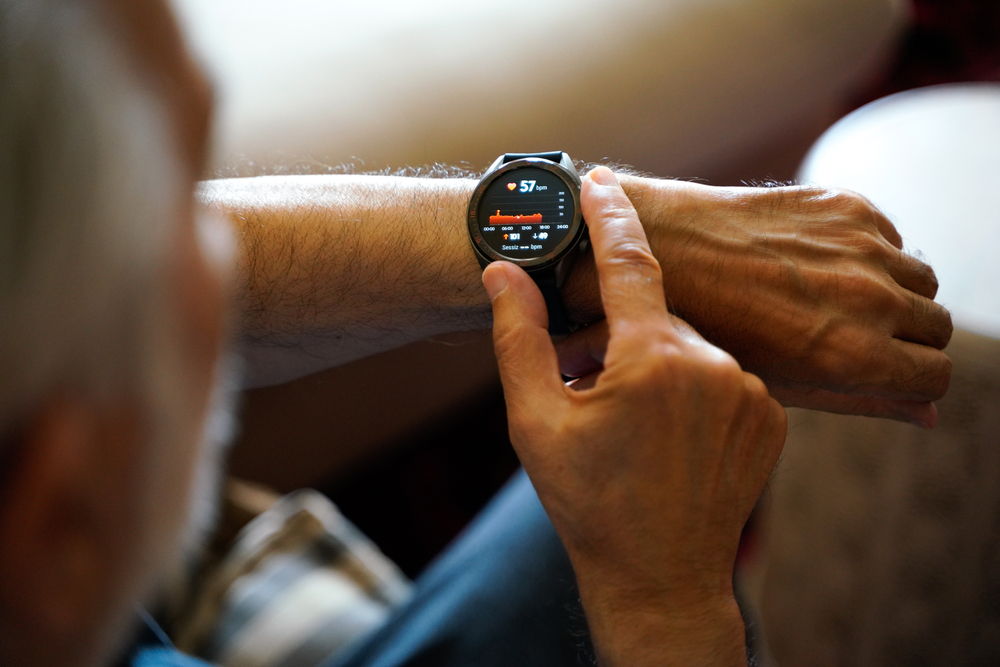A study suggests that smartwatches could aid in the early diagnosis of Parkinson’s disease up to seven years before symptoms appear. The team at the British Institute of Dementia Research at Cardiff University utilized artificial intelligence to analyze data from 103,712 smartwatch wearers.

By monitoring their movement patterns over a week between 2013 and 2016, they were able to predict who among them would develop Parkinson’s disease. This could potentially serve as a screening tool in the long run.
However, researchers, as published in the journal Nature Medicine, stress the need for further studies to compare these results with additional data gathered worldwide to assess their accuracy.
The brains of people with Parkinson’s disease undergo damage for many years before symptoms manifest.
Considering that approximately 30% of the UK population wears smartwatches, study lead Dr. Cynthia Sandor stated that they could offer a cost-effective and reliable means of identifying Parkinson’s disease at an early stage.
“Here, we have shown that just one week of captured data can predict events up to seven years in advance,” she said. “Based on these results, we could develop a valuable screening tool to aid in the early detection of Parkinson’s disease. This has implications for research, improving recruitment to clinical trials, and clinical practice, which will allow patients to access treatment in the early stages in the future when such treatments become available.”
The study utilized data from the UK Biobank, a British biobanking project containing a comprehensive database of health information from over half a million individuals.
Source: BBC.com